- Click here for Thomas’ book: Finding The Heart of The Nation – Journey of the Uluru Statement towards Voice, Treaty and Truth
- Click here for Thomas’ book: Finding Our Heart – A story about the Uluru Statement for young Australians
Transcript
Charles Pakana (Victorian Aboriginal News): Well, I couldn’t think of a better guest to have first up on the Referendum ’23 Tapes than Torres Strait Islander man, Thomas Mayo. A union official for the Maritime Union of Australia, signatory to the Uluru Statement from the Heart, and the author of several books, including The Heart of a Nation and for children, Finding Our Heart. Yes, we will have links to those particular books on our website. And as many of our listeners will know, a constant and untiring Uluru Statement campaigner right across the country. Thomas, great speaking to you again, and thanks for being our first guest on the Referendum ’23 Tapes podcast.
Thomas Mayo: Thanks, brother. It’s a real pleasure to be here with you again. It’s been a while.
Charles:
It has been quite a while. I believe there’s been a bit of a pandemic going around, but things are coming back with quite a vengeance. Thomas, you were one of the approximately 250 signatories to the Uluru Statement from the Heart, which called for a Makarrata Commission and a Voice to Parliament enshrined in the Constitution. From your understanding, what were the delegates actually envisioning would come from a Voice to Parliament?
Thomas Mayo: Yeah, well, those delegates, the 250 delegates were chosen from regional dialogues involving around 100 people in each of those, around the country. They were bringing the message or the vision coming from each of those areas.
The job that we had at Uluru was to synthesise that and bring it together in one statement, which was the Uluru Statement from the Heart. What we envision is a process, a logical and strategic process, towards Makarrata. A peaceful settlement that unites Australia, unites all Australians, and recognises the wonderful and unique Indigenous heritage and culture that we have in this country, that is the longest continuing culture on the planet, but, in a way that also gives greater fairness to our people.
So, not just recognition, but fairness. So, when we thought about the things that our people desire… a voice, a treaty, and peace… that was very much the way we programmed it. That first, we need to establish a representative body that can be lasting, that will survive through hostile governments. Because we’ve established many representative bodies or voices in the past, from the Australian Aboriginal Progressive Association in the 20s all the way through to the Aboriginal and Torres Strait Islander Commission.
That was established under Hawke, to the vehement opposition of John Howard when he was Opposition Leader. Then, as soon as Howard won power, he did what happened to all of the other voices, he set about destroying it. So, he demonised the leaders, he didn’t help fix the problems that all human organisations will have, he ignored the review by Aunty Jackie Huggins that was done – and a couple of others – and amplified its issues.
So, we said we must establish, reestablish a voice, because the other thing is when you don’t have a voice, we know that we are exploited, we know that we’re degraded in a way where we cannot defend it as well. For example, when ATSIC was destroyed, we saw the Northern Territory intervention, which took us backwards. It was wasteful, it was racist. The Racial Discrimination Act was suspended to do it. We saw hundreds of millions of dollars taken from community services. We saw the gap widen, basically.
So, we know we must reestablish a voice, but the vision is that we establish it in a way that cannot be removed like all the others. The only way to do that is to ask the Australian people if there should be a Voice in a referendum, and enshrine it in the Constitution. Now, that also gives it great influence. It gives it great power to be able to affect laws and policies that are made about us, and so that we can start to get things right in this country. It’s also constitutional recognition, something that most Australians have wanted for a long time.
Charles: We’ve pretty well addressed why it needs to be a referendum, and really no longer just regarded as an advisory panel, regardless of how it’s formed. But what I’d like to ask right now, and this will come out a bit later on the interview, is of those 250 delegates from across the country, how many of those were… and just a rough estimate… from regional, remote areas? In other words, people who were not classified as Indigenous elite.
Thomas Mayo: That’s an excellent question. A great majority were from regional and rural areas. That’s simply because there’s a lot of our mob living regionally and rurally. You can find the list of where the dialogues were. Darwin, Ross River, many rural places. The thing about bringing our people together is, what people probably don’t fully grasp is how hard it is to do.
Therefore, what a unique opportunity the Uluru Dialogue process was that the Referendum Council ran, that we actually gained some funding from government, not to run something that government wanted, but to run something that gave us the opportunity to say that, what we wanted. The reason I make that point to this question is that we had the resources to bring mob in from country, from homelands to-
Charles: Yeah.
Thomas Mayo: Also, to remunerate people for their time to attend. That is something that, it frustrates me when people say, “Oh, we should run the process again because so-and-so wasn’t invited to it.” It’s like, so, when and how, and what resources are you going to use to do that again, to probably get the same result? But, yeah, certainly it was informed by mob on country.
Charles: Well, you’ve obviously been maintaining contact with a lot of those delegates over the years. As I mentioned at the top, you’ve been a constant campaigner. I think you went on an 18-month vigil, really, didn’t you, just full-time campaigning around the country with the Statement? The original Statement, because you were entrusted with that. What was the feeling among a lot of the signatories when, in 2017, the then Prime Minister, Malcolm Turnbull; Aboriginal Affairs [Minister], Nigel Scullion; and Attorney General George Brandis essentially kiboshed a referendum in a joint media release?
Thomas Mayo: It was devastating, really, because it was such a wonderful political feat, what we achieved at Uluru. That we, with all of our different perspectives and different even political ideologies, that we were able to reach such a strong consensus. And then to have that thrown in our face, with the most disrespectful way.
It was a media leak. There was not even a media conference, there was no consultation with any of the leaders involved, let alone the Indigenous Advisory Council that the Prime Minister had at the time. But at the same time, we expected that it would happen, because we were calling for something that genuinely empowered us. We know that every other statement and petition throughout the history of our struggle has had the same treatment…
Charles: Did you think it would come so bluntly, though? Because that media release, that one-and-a-half-page media release, really just put the kibosh on everything, went against what the Referendum Council had proposed, saying that the fairly modest requirements from the Uluru Statement. It must have been more than disappointing. It must have been a total shock.
Thomas Mayo: Yeah, it’s a real low point, I think, in Australia’s history. Turnbull will be remembered for such a terrible rejection of something, rather than working with us to try and make it work. I think he had some genuine concerns about it, coming from being a leader of the Republic referendum campaign.
Charles: Yeah.
Thomas Mayo: But, we’re at a point now where we’re going to have a referendum, and since then, we’ve built the support of the Australian people. Polling is still consistently at 60% would vote ‘yes’. So, it’s something, it was an opportunity missed back then. Albanese has picked up the opportunity now, and it’s a nation-building thing, and I believe we can succeed.
Charles: There is, though, quite a bit of conflicting argument around the issue. Leading up to the referendum, you and I will be talking about this a fair deal, but today, let’s just look at some of the major disagreements within political parties. The Nationals’ Party, we’ve got the Federal Nationals coming out against the Voice. We then have Andrew Gee, the Nationals’ member for Calare in New South Wales, resigning from the party as a result of its stand against the Voice.
Then, the Western Australian branch also at odds with its federal colleagues. On top of that, we’ve seen the South Australian Greens stand up to their federal counterparts, voting unanimously to support the Voice along with state legislation to see a Voice to the South Australian Parliament. What impact do you believe this sort of division can have on the vote?
Thomas Mayo: Well, it does have an impact, and that’s the sad reality, that those political parties, those politicians do have followers that will vote ‘no’ because of the stance that they’ve taken.
There’s also, as you mentioned, the Nationals guy, Andrew Gee, that is going in the other way and showing some leadership. I think all in all, I think the politicians that are going to go against this are going to find themselves on the wrong side of history. I think the sentiment of Australia is with us, but it does have an effect, and we do need to work hard to defeat the misinformation that some politicians are putting out there about this.
Some of the ridiculous things they’re saying, like Jacinta Price saying that this is something that’s going to govern Indigenous people. That’s just a blatant lie, because she knows that it’s an advisory body, not something that’s going to govern Indigenous people. This is a racist thing to do, but this isn’t a racist thing to do, this is something that just recognises Indigenous culture and heritage, and also the United Nations Declaration on the Rights of Indigenous Peoples, that we should be able to speak for ourselves as a distinct people. It’s not racist. It actually can be something that is a check and balance, an accountability thing.
Charles: Well, Thomas, it’s been fabulous speaking with you today. We will be talking again, several times, no doubt, over the coming months. Thanks again for joining us and sharing your invaluable insights and experiences.
Thomas Mayo: Thank you, brother. Look forward to our next yarn.


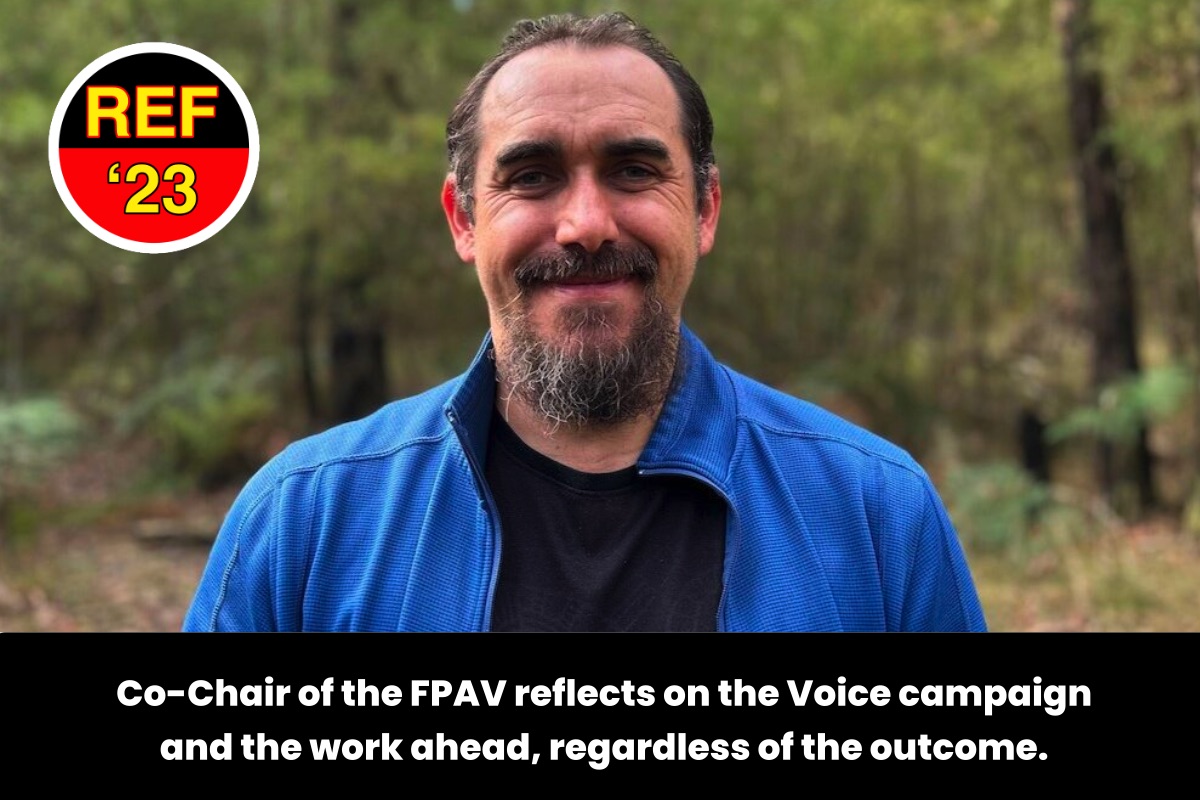
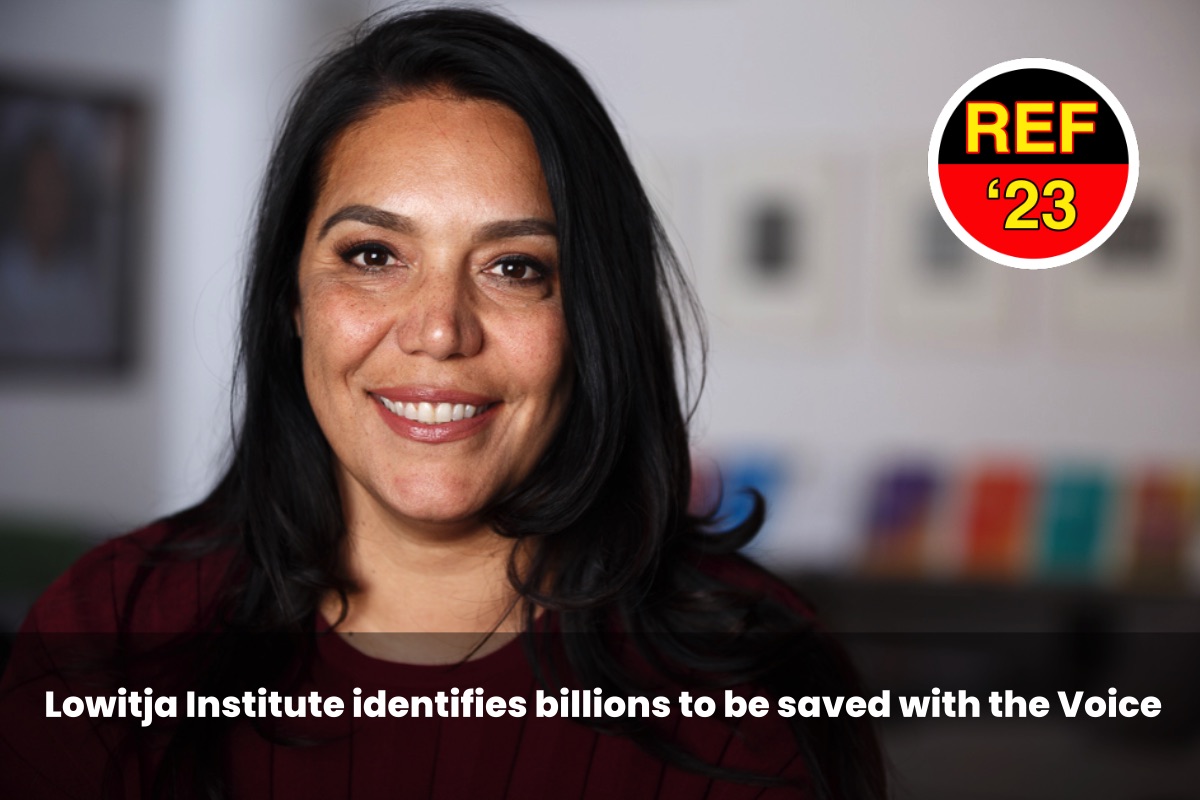
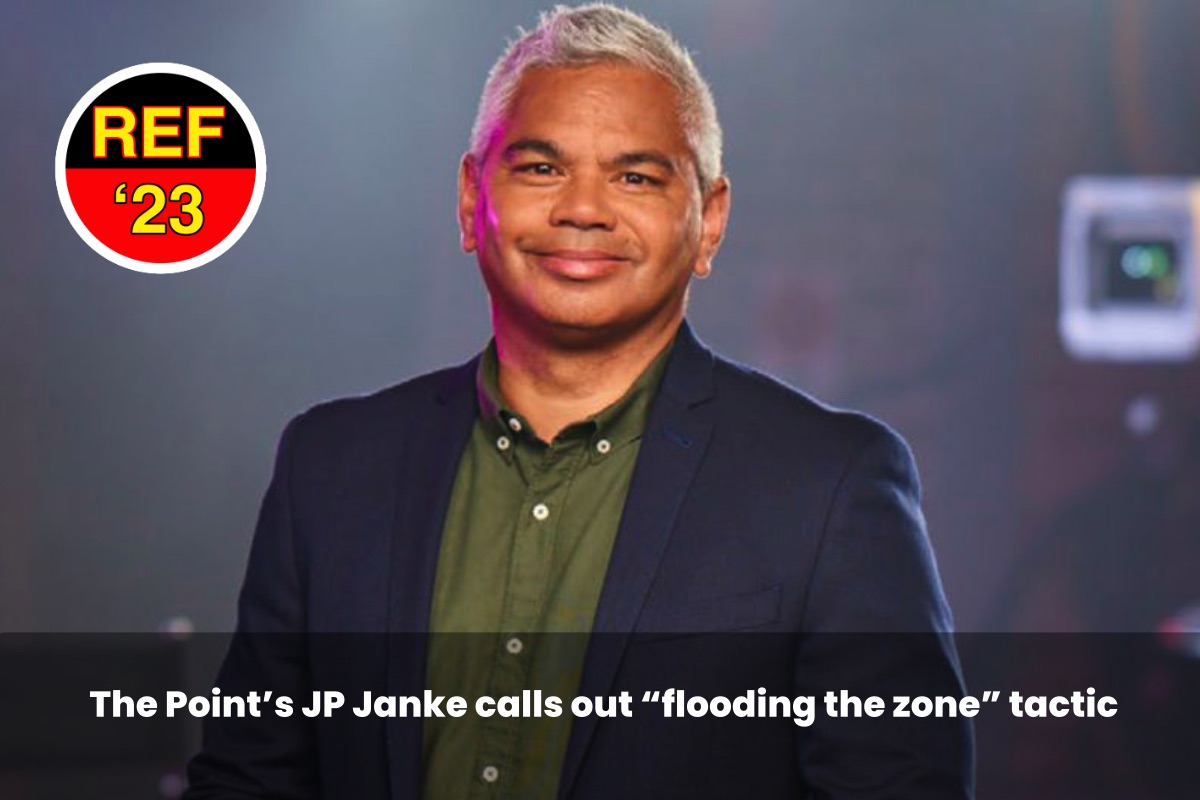
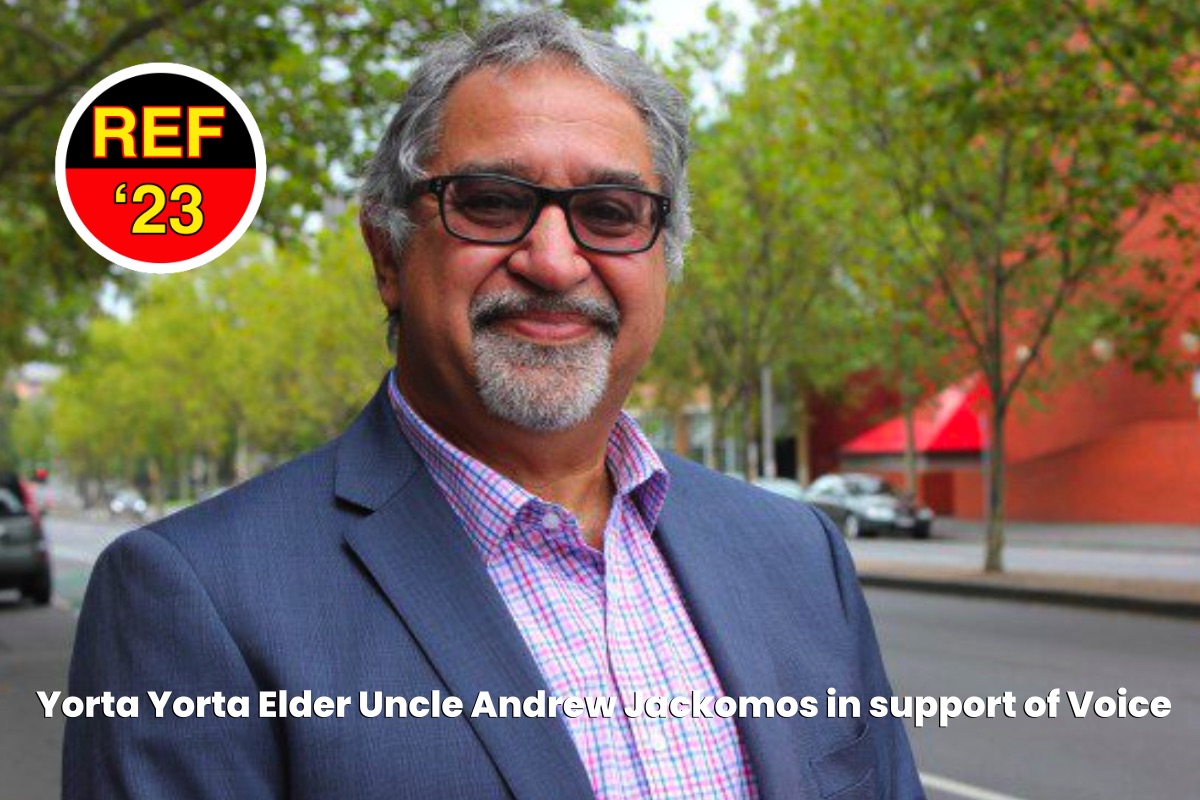
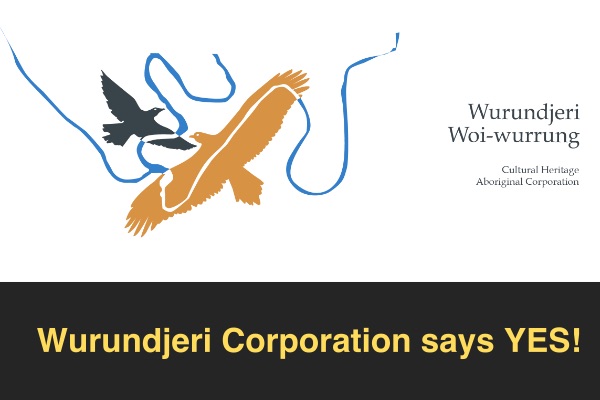

0 Comments